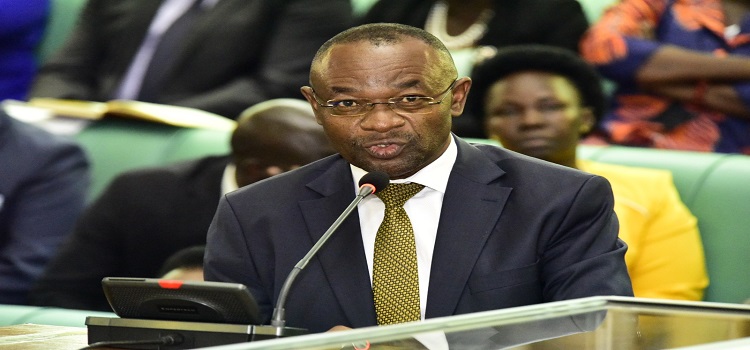Extended Local Council Terms Raise Concern Over Democratic Process and Governance Stability
The Government’s Decision
In a decision that has sparked considerable debate and concern, the government’s move to extend the terms of local councils at both village and country levels has raised questions about the potential ramifications on democratic processes and governance stability. During a press briefing held at the Uganda Media Center on Wednesday, Minister of Local Government announced the decision, stating that the extension was necessary to ensure continuity and development.
Debate and Concern
However, the decision has been met with mixed reactions from the public and political analysts, with many questioning the implications of extending the terms of elected officials. Some argue that it goes against the principles of democracy and could lead to a concentration of power in the hands of a few individuals. Others fear that it may undermine the accountability and transparency of the local government system.
Opponents of the decision have raised concerns about the potential for abuse of power and the lack of checks and balances in place to prevent corruption. They argue that extending the terms of local councils could set a dangerous precedent and erode the foundations of democratic governance in the country.
Supporters of the move, on the other hand, argue that it is necessary to ensure stability and continuity in governance. They point to the challenges of holding regular elections and the need for experienced officials to effectively manage local affairs. They believe that extending the terms of local councils will enable them to complete ongoing projects and implement long-term development plans.
Impact on Democratic Processes
The decision to extend the terms of local councils has raised serious questions about its impact on democratic processes in the country. Some critics argue that it could undermine the democratic principles of accountability, transparency, and free and fair elections. They fear that it may create a culture of complacency among elected officials and weaken the voice of the people in decision-making processes.
Governance Stability Concerns
Furthermore, the extension of local council terms has also sparked concerns about governance stability in the country. With elected officials serving longer terms, there is a risk of entrenching incumbents in power and limiting the opportunities for new leaders to emerge. This could lead to a stagnation in governance and a lack of fresh ideas and perspectives in local government.
Overall, the decision to extend the terms of local councils has significant implications for democratic processes and governance stability in Uganda. It is important for the government to carefully consider the potential risks and consequences of this move and to ensure that it does not undermine the principles of democracy and good governance.
How this will affect me
As a citizen of Uganda, the decision to extend the terms of local councils will directly impact me in terms of governance and representation. It may limit my ability to hold elected officials accountable and participate in decision-making processes at the local level. I may also see a lack of new leadership and fresh ideas in local government, which could affect the quality of services and development initiatives in my community.
How this will affect the world
The extension of local council terms in Uganda may also have broader implications for democratic processes and governance stability around the world. It could set a dangerous precedent for other countries to follow, leading to a trend of weakening democratic institutions and consolidating power in the hands of a few individuals. This could have far-reaching consequences for global governance and the protection of human rights and democratic values.
Conclusion
In conclusion, the decision to extend the terms of local councils in Uganda has raised serious concerns about its impact on democratic processes and governance stability. It is crucial for the government to carefully consider the potential risks and consequences of this move and to ensure that it upholds the principles of democracy, accountability, and transparency. Citizens must remain vigilant and actively engage with their elected officials to ensure that their voices are heard and that the interests of the people are prioritized in decision-making processes.





